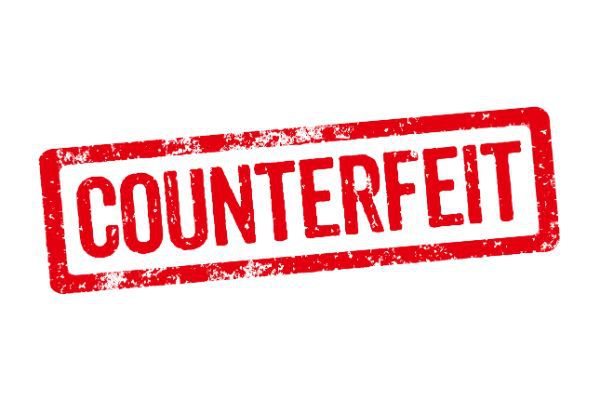Claims over interests in real estate in Arizona are recorded with the recorder’s office of whichever county the property sits within. So long as an individual follows the technical requirements to a satisfactory degree, they can record an interest. It is not up to the county recorder to make determinations of validity or fraudulence. Which means that, in the state of Arizona, it is surprisingly easy for unscrupulous parties to record a false document. From time to time crooks do things like file false liens, or forge deeds that appear to convey a property, and so forth.
Given the difficulty some people have obtaining land in the first place because of all the hoops they are forced to jump through only to come up short of the requirements laid before them, there is a general perception that the field of real estate is shored up tight against attempts at fraud. And for the most part that perception is correct. It’s just that not all protections come at the point of entry.
Luckily, this problematic situation was long ago recognized and dealt with by the state legislature in a way designed to avoid placing any undue burden of upfront research on county recorders.
Arizona Revised Statute section 33-420 contends with any fraudulent documents filed with a county recorder with five provisions. Section A is aimed at those who knowingly file a false lien or encumbrance, making them liable to the owner (or title holder) of the property for either three times the amount of actual damages caused by the recording, or for $5000, whichever is greater—and any attorney fees and costs of bringing a suit, besides. Section B permits the title holder or owner to file for relief in the county’s superior court to clear title. Section C is aimed at those named in a false document (though they do not file it on their own) and who know it is false; it requires that, should they refuse to correct the document within twenty days of a written request to do so being made by the owner or title holder, they be forced to pay either three times the actual damages incurred by the owner or $1000, whichever is greater, along with attorney fees and costs. Section D ensures that any such false claim made against a property is considered legally invalid. And section E makes clear that a person who knowingly causes such a false document to be recorded with the county recorder’s office is guilty of a class 1 misdemeanor.
If you find that someone has filed a false document with a recorder in any county in the state of Arizona, or come under threat of lawsuit by someone incorrectly claiming you have done them harm by doing so—an experienced attorney with strong scruples like the real estate attorneys at Provident Law can be a huge help. Our attorneys represent buyers, sellers, landlords, tenants, lenders, borrowers, trustees, guarantors, shareholders, partners, and others. We structure, negotiate and document a variety of real estate and financing transactions, such as leases, purchase and sale agreements, loans and development agreements for a variety of commercial and residential projects. Contact us for more details.
Christopher J. Charles is the founder and Managing Partner of Provident Law ®. He is a State Bar Certified Real Estate Specialist and a former “Broker Hotline Attorney” for the Arizona Association of REALTORS ® (the “AAR”). Mr. Charles holds the AV ® Preeminent Rating by the Martindale-Hubbell Peer Review Ratings system which connotes the highest possible rating in both legal ability and ethical standards. He serves as an Arbitrator and Mediator for the AAR regarding real estate disputes; and he served on the State Bar of Arizona’s Civil Jury Instructions Committee where he helped draft the Agency Instructions and the Residential Landlord/Tenant Eviction Jury Instructions.
Christopher is a licensed Real Estate Instructor and he teaches continuing education classes at the Arizona School of Real Estate and Business. He can be reached at Chris@ProvidentLawyers.comor at 480-388-3343.


